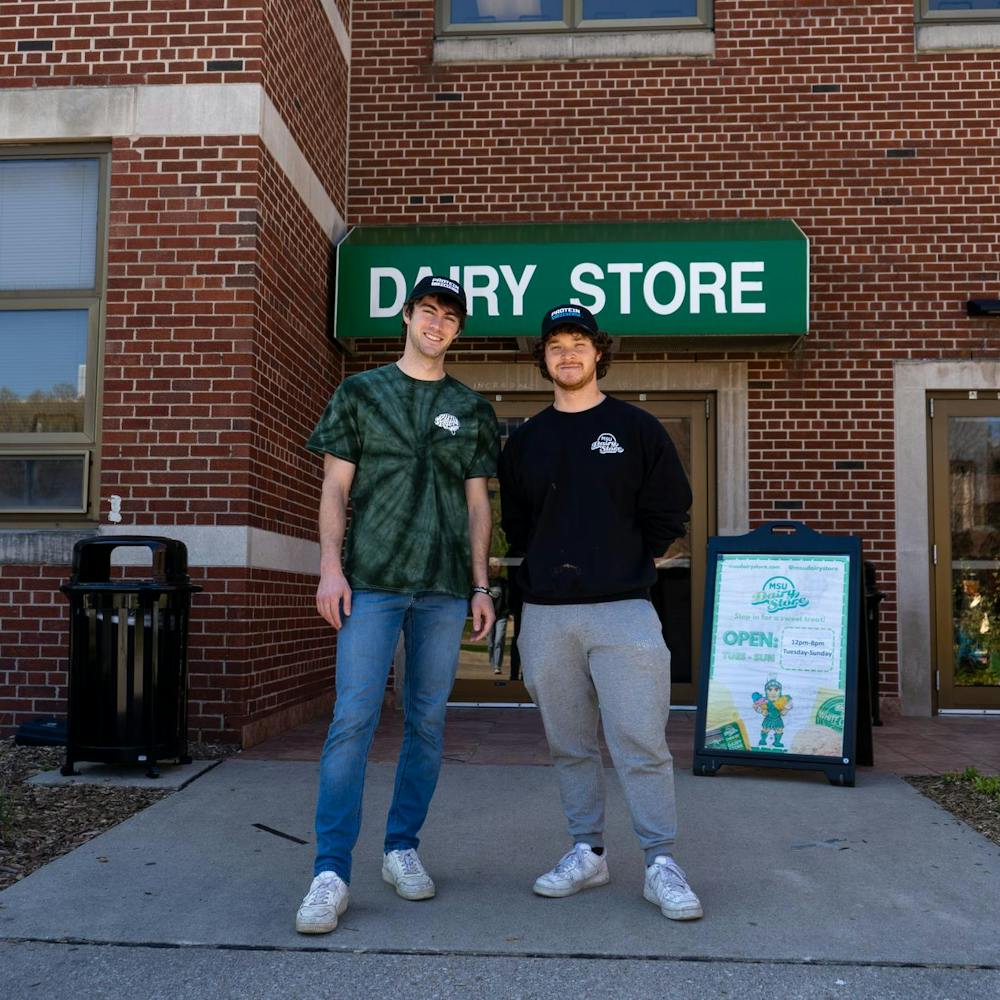Student organization Turning Point USA hosted a debate Wednesday night pitting authoritative government ideals against free market solutions, or socialism vs. capitalism.
Throughout the course of these presidential primaries, Bernie Sanders has taken a firm position for democratic socialist policies as solutions to societal problems.
His platforms have caught some proverbial steam as shown by his decisive victory in the New Hampshire primaries.
Turning Point’s goals for the debate were to “educate people” on the realities of both of these frames of governmental thought as well as eliminate stigmas associated with them, political science sophomore Blake Glinn said.
The debate was moderated by three students in the Turning Point group and the participants included four professors from various fields of study throughout the university.
They included political theory and constitutional democracy professor Ross Emmett and humanities professor Joseph Guzman as proponents for free market enterprise. The socialist side consisted of residential college of arts and humanities professor Austin Jackson and english professor Kenneth Harrow.
The debate commenced with each professor defining both ideological points of view and stressing the debate will explore the nuances of the subject as well as “find a balance” between the two ideals, as professor Guzman said.
Professor Harrow began by introducing the governmental tendencies as focusing on two separate ideals.
Those in support of free enterprise feel society should be based around the notions of freedom and liberty. Contrarily, on the leftist, socialist side, supporters of state involvement in markets identify more with a society based on justice and equality, he said.
“We need to ask ourselves the question of what kind of society we want to live in,” professor Jackson said.
One of the questions in the debate involved thoughts on lobbying and the political process being motivated by large corporations and monetary incentives, a question in which the debate participants found somewhat of a common ground.
“Our Democracy has been subverted,” Harrow said.
He claimed politicians raise money for themselves rather than the general populace.
“We have legalized corruption,” Jackson said. His grievance with the system revolved around money driving the political process rather than genuine democratic activism.
However, Guzman stressed “not all lobbying leads to corruption.” In fact, he added, there are many instances where lobbying supplemented and enhanced the democratic process, citing Mexican interests groups as an example.
Emmett turned the attention of the topic towards the students in attendance. The notion of "crony-capitalism" is allowing citizens to be preyed upon by both government and corporation alike. This predation, as professor Emmet described it, is much more prevalent under a state controlled market.
“The government is good at taxing people and writing checks,” he said, and also argued the state is relatively inept at organizing solutions to social problems such as income distribution.
Guzman added when this thought process was applied in the Union of Soviet Socialist Republics, the results were disastrous and the society crumbled.
Still, Harrow and professor Jackson were critical of instances where the free market has failed, such as certain third world countries.
Overall, the student moderators felt the debate was a success. International relations junior Kathleen Mckee was pleased with the turnout and said it is important to have representatives from "both sides of the aisle" participate and moderately share ideas.
Support student media!
Please consider donating to The State News and help fund the future of journalism.
"I feel that some saw the topics in a new light and, even if they weren't swayed, they have more respect for both sides," she said.
Discussion
Share and discuss “Debate on free market involves students and professors” on social media.



